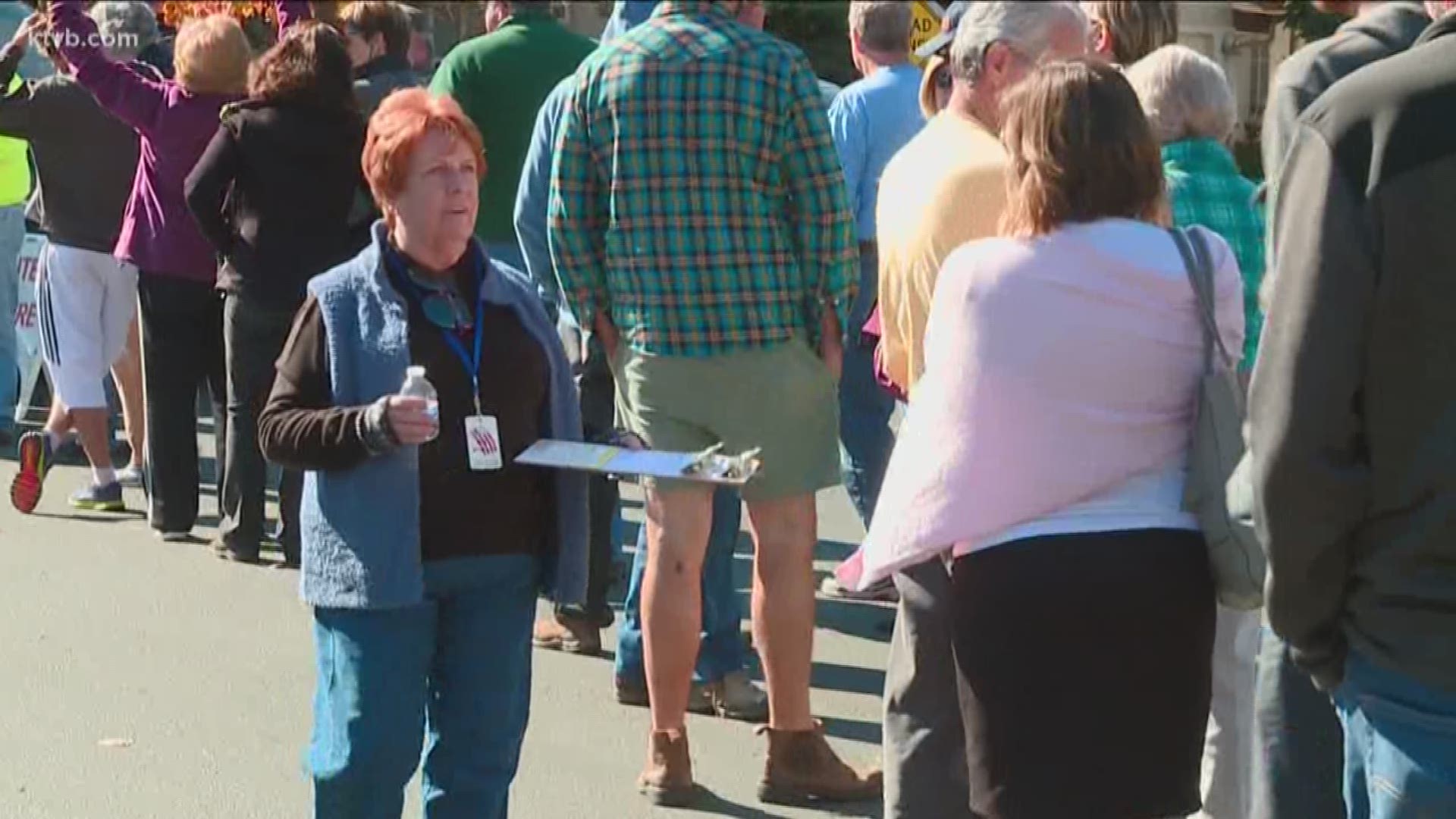BOISE, Idaho — A group of Idaho House and Senate Democrats a press conference on what they call the "Revenge on Voters Act" in attempt to get their colleagues to abandon a bill that would make it harder for voter initiatives to get on the ballot on Sunday afternoon.
The pushback is in response to a measure proposed by Republican Senator Scott Grow. If passed, Grow's bill would require 10 percent of voters to sign a petition in 32 of Idaho's 35 legislative districts within six months to get on the ballot.
As it currently stands, only six percent of voters must sign the petition in 18 districts in 18 months.
"Having worked myself as a volunteer collecting signatures on proposition two I can assure you that the current system is extremely difficult," Rep. Llana Rubel (D-Boise) said.
"If GOP legislators want to require that 32 have to support a ballot initiative, the legislators from 32 districts should have to support an effort to repeal that voter initiative," she said. "And if voters should have to specify a funding source, which is not something legislators have to, then legislators should have to specify a funding source."
In response to the Republican initiative bill, Democrats in the House and Senate unveiled their own bill during their press conference.
Rubel and Senator Michelle Stennett's (D-Ketchum) bill would prevent the legislature from overturning a voter initiative for 180 days after it was signed into law.
MORE: Critics of tougher initiative requirement bill pack hearing, have to wait until Friday to continue
If the legislature then seeks to overturn or alter the initiative, it could do so only with co-sponsors from at least 32 districts.
Finally, the proposal to repeal or amend the law would need a proposed funding source for all negative fiscal impacts.
Grow says the current system allows urban counties to have too much sway.
"Other states with similar deadlines, California has six months, Colorado has six months, Michigan is six, Massachusetts is four and Oklahoma is three,"

